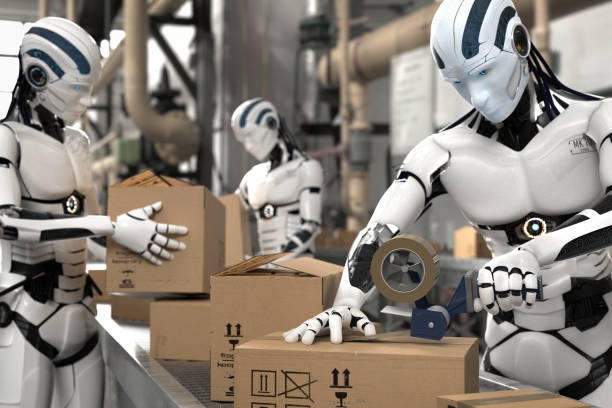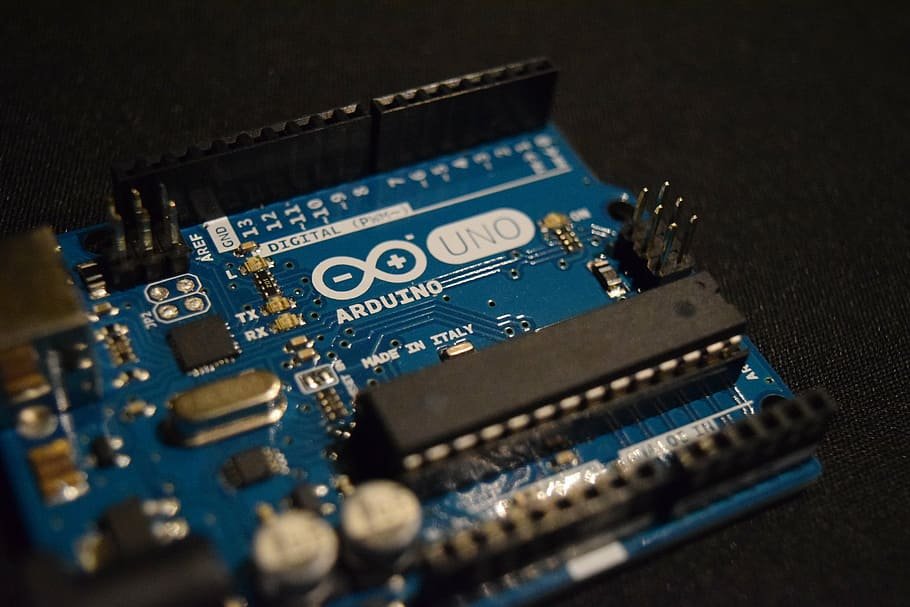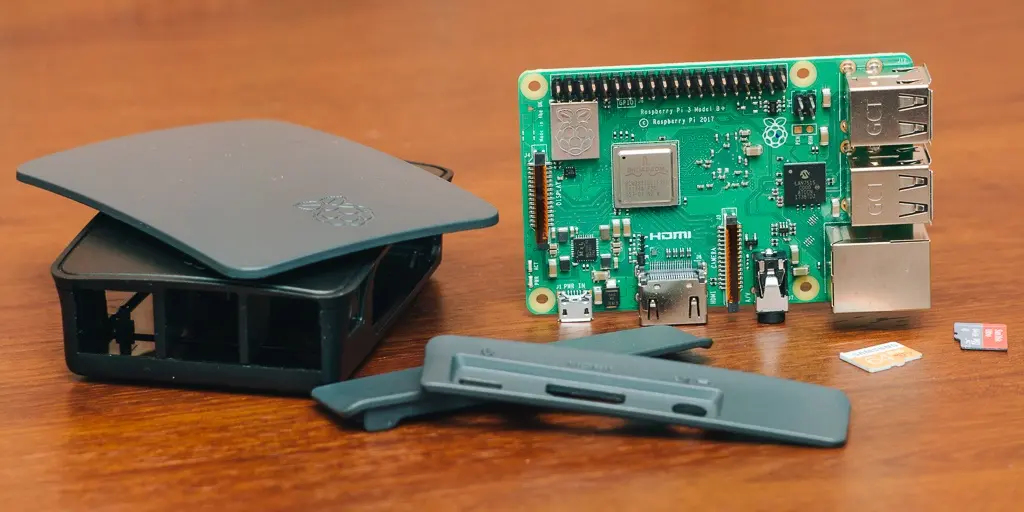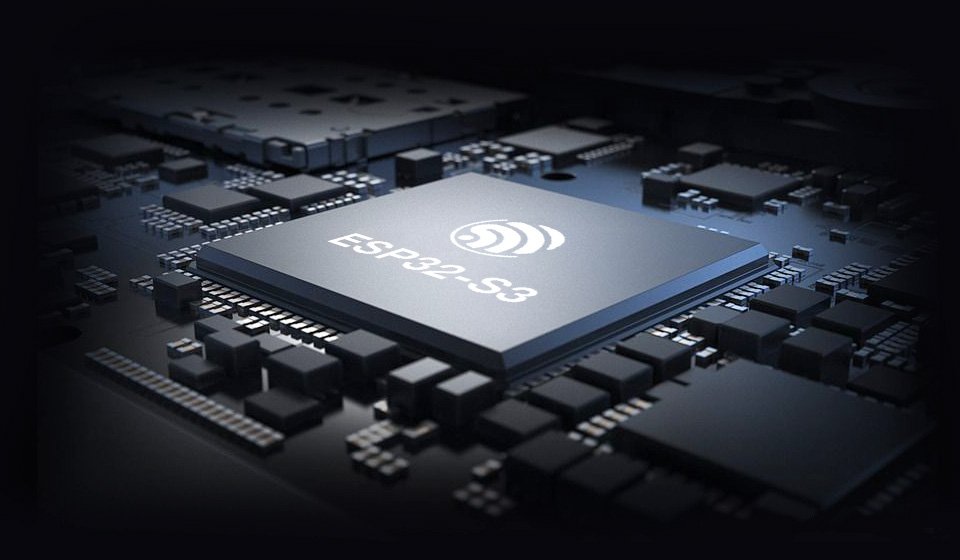The question of whether robots will take over the world has been a topic of discussion for decades. While some people believe that robots will eventually become so advanced that they will take over, others argue that this is unlikely to happen. In this essay, we will explore both sides of the argument and examine the factors that may influence the development of robots and their impact on society.
- More jobs will be replaced by AI and robots in the future.
- Robots are capable of completing more tasks than human employees.
- There are concerns that robots and AI could take over the world if there is no control.
Two-thirds of Americans polled by the Pew Research Center in 2015 said they believe robots and computers will do “much” of the work currently done by humans within 50 years. In many industries, it’s already happening. For decades, robots have been fixtures on factory assembly lines. Many of the tasks done by travel agents, bank tellers, cashiers, toll-takers and librarians—to name just a handful of fields—have been taken over in recent years by the cost-effective convenience of self-scanners, ATMs and the internet.
Even though robots are becoming increasingly advanced, there are still limits to what they can do. For example, robots are programmed to perform specific tasks and are unable to make cognitive decisions for themselves based on limited inputs. Other limitations include hardware and software capabilities which can be improved through upgrades and maintenance but cannot currently match the flexibility and adaptability of the human brain.
As robots do not have the cognitive abilities of humans, they require human operators to program and maintain them. Yes, there have been incredible advancements in artificial intelligence and machine learning, but these items are still being introduced to the greater public. And even so, there is one key element that is required, human input. Â While there have been advances in artificial intelligence and machine learning, these technologies are still far from replicating the complexity and distinction of human thought.
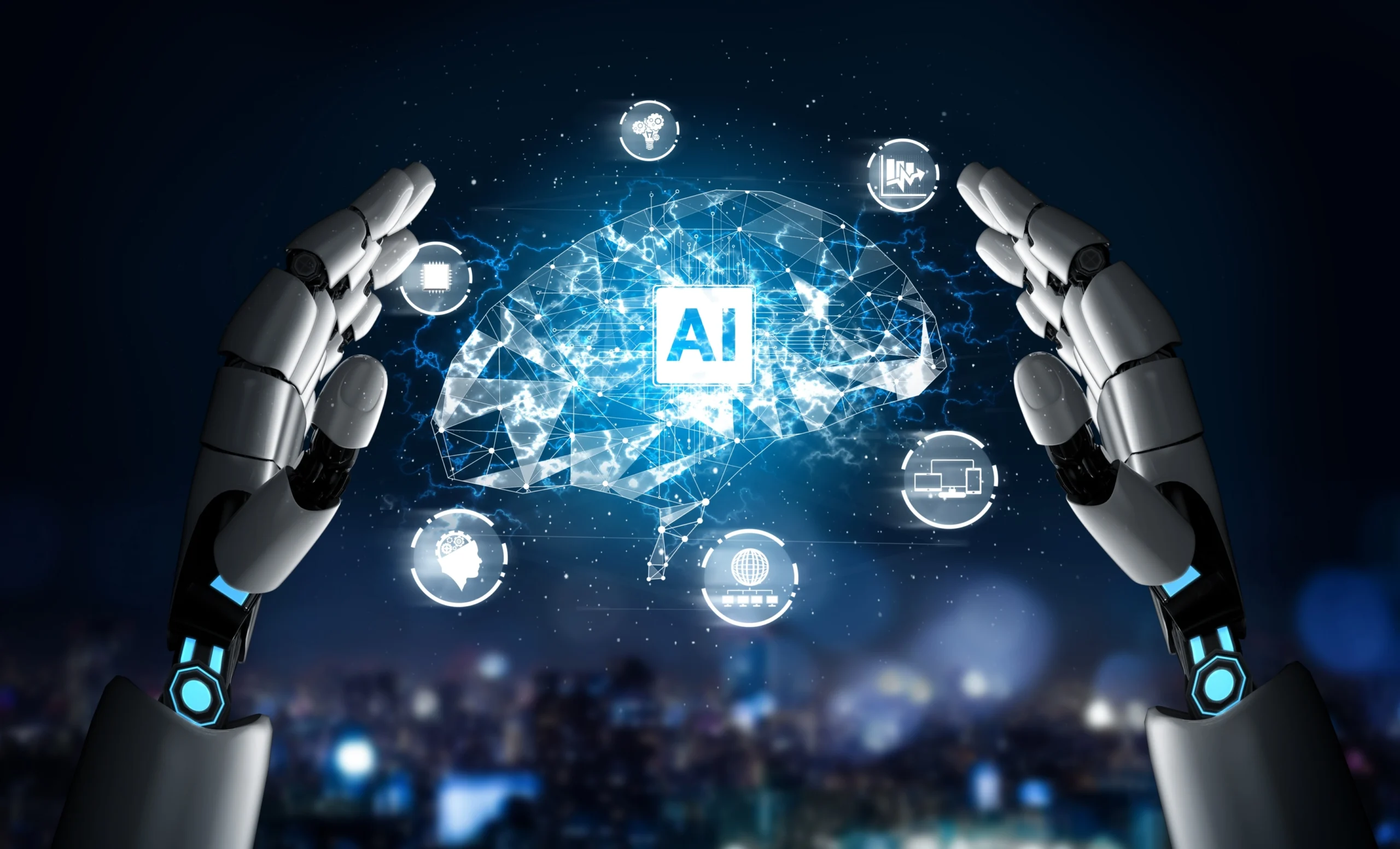
Artificial intelligence is currently emerging in many ways, shapes, and forms. Data shows that 37% of businesses currently employ AI and the market is expected to contribute $15.7 trillion to the global economy by 2030. With this new wave of technological advancements, there are advantages and disadvantages. On a positive note, AI-based technologies reduce human error, take away safety risks, are available 24/7, replace repetitive jobs, etc. In a darker light, AI has high costs of creation, no emotion or creativity, and has no moral or ethical bounds. Often when technological advancements arise, morality is dismissed in the name of science and progression. Though for the foreseeable future robots will not rule the world, nothing is impossible. The possibility of robots “taking over” so to speak increases when morality is void in the creation process.
According to the Future of Jobs Report 2023 by the World Economic Forum, 34% of all business-related tasks are performed by machines, with the remaining 66% performed by humans. However, organizations surveyed also believe that 42% of business tasks will be automated by 2027.
This could be a reason why there are still concerns about employee displacement. As AI will be a key driver of potential algorithmic displacement, it’s forecast to be adopted by nearly 75% of surveyed companies and is expected to lead to high churn – with 50% of organizations expecting it to create job growth and 25% expecting it to create job losses.
For job losses, the fastest declining roles are clerical or secretarial roles, all of which can be completed by AI today. Bank Tellers and Related Clerks, Postal Service Clerks, Cashiers and Ticket Clerks, and Data Entry Clerks are expected to decline fastest. The largest losses are expected in administrative roles and in traditional security, factory and commerce roles. Surveyed organizations predict 26 million fewer jobs by 2027, which will be driven mainly by digitalization and automation.
However, there are also many reasons why this scenario is unlikely to occur. For one thing, robots are still far from being able to match the complexity and flexibility of the human brain. While AI systems are good at performing specific tasks, they lack the creativity, intuition, and emotional intelligence that humans possess.
Moreover, robots are programmed to follow rules and algorithms, which means that they cannot deviate from their instructions or make decisions based on intuition or empathy. This makes them vulnerable to unexpected situations and challenges that require creative problem-solving skills.
Another factor that makes the idea of robots taking over the world unlikely is the fact that they require a significant amount of resources and infrastructure to function. Robots need power, maintenance, and programming, all of which require human intervention. Without human support, robots would not be able to survive or thrive.
Furthermore, the development of robots is not an autonomous process. It is shaped by human decision-making, including political, economic, and social factors. Governments, corporations, and individuals all have a say in how robots are developed, deployed, and regulated.
Therefore, the future of robots depends on how we choose to use them and the policies and regulations that we put in place to govern their use. If we prioritize ethical considerations and design robots that serve human needs rather than replacing them, we can ensure that robots remain a tool for enhancing human capabilities rather than a threat to human existence.

